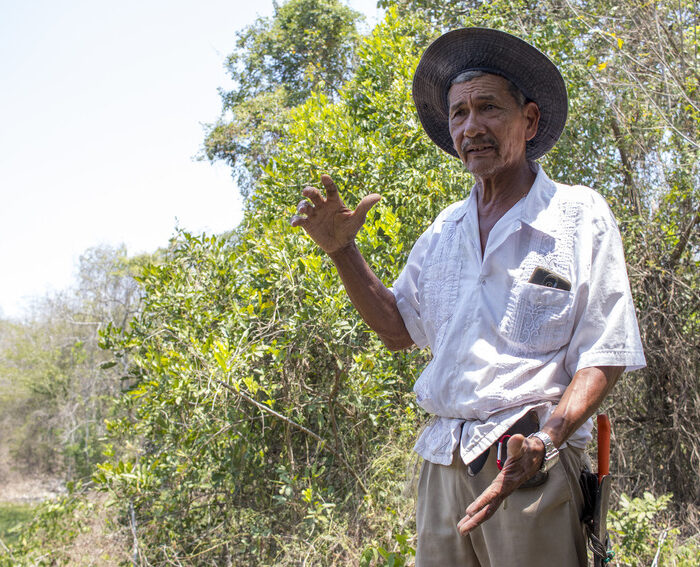At the intersection of racial justice, economic recovery and the climate crisis
By Clara Weybright, Climate Futures Fellow, Center for Sustainable Climate Solutions
The dual crises of climate change and COVID-19 have revealed, with increasing clarity, the inequitable ways in which disasters affect communities across the United States. As we watch these crises unfold, we wonder what we can do to create a more equitable social and economic system that prevents these harms.
While California and Oregon endure forest fires of unprecedented proportions, other parts of the United States have experienced increasingly high numbers of hurricanes this year.
Just as they have been the most harmed by the impacts of COVID-19, Indigenous, Black and Brown communities are the ones most likely to experience significant losses in the wake of climate-related catastrophes. These same communities also disproportionately face the chronic health impacts of polluted air and water.
As Christians, we long for justice for these seemingly boundless, deep inequities.
Isaiah 1:17 reads: “Learn to do good; seek justice, rescue the oppressed, defend the orphan, plead for the widow.”
When we read these words, in light of the great losses of this year, we are reminded that God is always on the side of justice for those who have been deprived of it. As people of faith, it is our responsibility to seek justice in the policies for which we advocate.

Narciso Díaz is part of the team at MCC partner Sembrandopaz’s experimental farm just outside of Sincelejo, Colombia, where staff work on developing strategies to support sustainable agroecological practices, including adapting traditional farming practices to a changing climate. MCC Photo/Annalee Giesbrecht
A new proposal for addressing systemic inequalities while at the same time caring for our natural world has been introduced in both the House and the Senate: the THRIVE agenda. It calls for prioritizing investment in communities of color, strengthening Tribal sovereignty and combating the environmental injustices that will only worsen in the coming years. Other proposals in THRIVE include help for workers impacted by moving away from a fossil fuel economy as well as plans for averting future climate catastrophes.
The THRIVE agenda is not a detailed set of specific policies but rather an expression of the priorities to be considered in future policy decisions. It helps lawmakers set the tone for future legislation related to COVID-19, economic recovery, and climate change. The resolution is noteworthy because it seeks to address the interconnected nature of so many of our current crises.
THRIVE is in keeping with Mennonite Central Committee’s commitment to care for God’s creation and accompany marginalized communities harmed by climate change.
Contact your members of Congress today and ask them to support the THRIVE agenda, reminding them that we must confront environmental injustices in our communities while at the same time lifting up those most impacted by systemic racism and deep economic inequalities.



